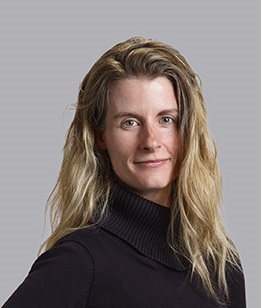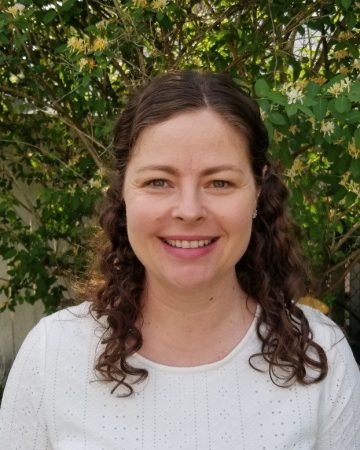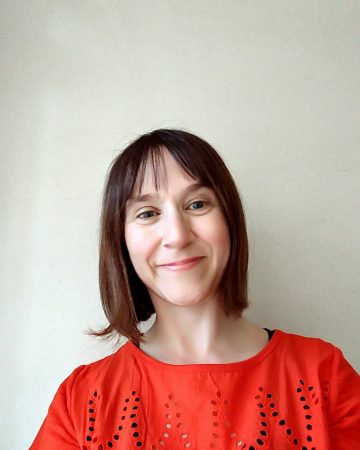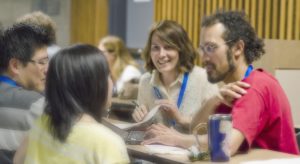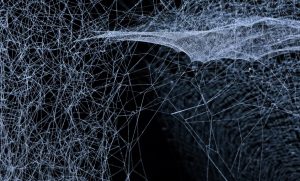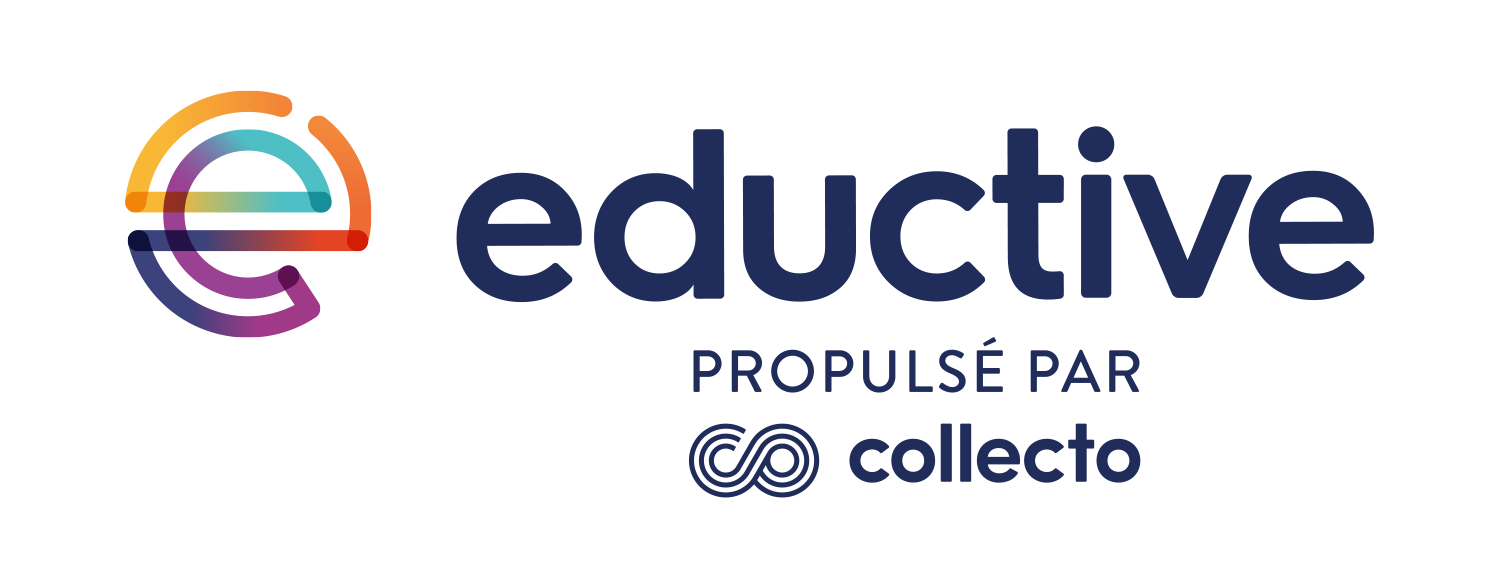SALTISE 13th Annual Conference
June 3 & 4, 2024
Emerging Technologies in Education:
Shaping Potential, Managing Pitfalls
Registration now OPEN!
Learn. Share. Connect.
SALTISE helps educators deepen their knowledge and develop their skills to improve any learning environment.
Meet our community
SALTISE is a community of educational researchers, post-secondary instructors and faculty developers, across Montreal and the Province of Quebec who actively promote national and international collaborations and partnerships. Our common interests are the exploration and implementation of evidence-based innovations in pedagogy and educational technology.
Discover our active learning activities
Active learning activities are tailored to specific learning outcomes and content. They incorporate one or more of the evidence-based strategies. Structured to expose their theoretical underpinnings, the activities can be used by practitioners and researchers alike.
Explore our Recorded Webinars
Explore our curated collection of recorded webinars, where industry leaders, experts, and innovators share valuable insights on a wide range of topics. Whether you’re looking to stay updated on the latest trends, enhance your skills, or gain a deeper understanding of specific subjects, our library of recorded webinars is here to empower and inspire you.

